(Edited from the original--with permission--by Shari Broyer 8-24-16)
Ever want to give up writing? I mean really give up?
For many of us, the answer is “yes”. I know I have. Countless times. But when I have doubts about continuing to write or calling it quits, I’ve come to see that struggle as healthy. Those doubts tell me that I am in an honest-to-goodness relationship with my writing.
And relationships, as we all know, have their good days and bad days. Look at the meaningful relationships in your life now. I’m sure you’ve had contented and amazing times, as well as times when you wanted to walk away from it all. And yet, you stayed.
The truth is, when we are truly invested in and committed to our writing, we are in a real relationship. That means we stay. No matter what. No matter how many doubts we may have.
In many spiritual teachings to “stay” has great power. To “stay” means that we are completely “present” to whatever might be happening. We stay during the days of doubt, rejection and uncertainty. And we also “stay” when we rejoice in a chapter finished and a book finally written and published.
Author Anne Lamott puts it this way:
“I have a lot of faith. But I am also afraid a lot and have no real certainty about anything. I remembered something Father Tom had told me–that the opposite of faith is not doubt, but certainty. Certainty is missing the point entirely. Faith includes noticing the mess, the emptiness and discomfort, and letting it be there until some light returns.” (Excerpted from: Plan B: Further Thoughts on Faith)
In her classic book, Bird by Bird, Lamott also writes:
“I heard a preacher say recently that hope is a revolutionary patience; let me add that so is being a writer. Hope begins in the dark, the stubborn hope that if you just show up and try to do the right thing, the dawn will come. You wait and watch and work; you don’t give up.”
In my own life, I have waited, watched and worked for some time. Among other pieces, I had written an essay that felt intensely personal, too transparent to put out into the world. Yet, I did put it “out there”. After many rejections, I shoved it into a desk drawer where it gathered dust for years. One day, however, I gave it one more try.
I brushed off doubt, drummed up faith and sent it off to the Writer’s Digest annual writing contest. Not only did it place in the top 100 of the inspirational category, but my essays placed in the top ten in that contest for the following two years.
So, if nagging doubts show up, they are there to test our relationship with writing and push us through the gritty days of stark fear and terror that come with our craft and our calling. Most likely those doubts will never go away, those questions of “Am I called to do this? Should I be doing this? Does it matter?” will never cease.
But we will also have those days of blessed contentment—of a sentence well crafted and a poetic phrase that conveys to perfection what’s in our hearts.
At the end of one of my favorite movies, Shadowlands, writer C.S. Lewis offers advice that could be applied to our writing:
“Why love if losing hurts so much? I have no answers anymore. Only the life I have lived. Twice in that life I’ve been given the choice: as a boy and as a man. The boy chooses safety, the man chooses suffering. The pain now is part of the happiness then. That’s the deal.”
So, dear writers, we are always living in the shadowlands of our relationship with writing—the pain now is part of the happiness later.
In the end, perhaps doubts are not to be crushed, but to be embraced. Yes, they hurt. But they can make us better writers if we choose to move beyond safety.
We can’t have one without the other. And that’s the deal.
(This blog post originally appeared in a varied form in Birth of a Novel blog: https://birthofanovel.wordpress.com/2012/11/15/being-in-a-writing-relationship/)
_________________________________________________________________________
Copyright © Marielena Zuniga, November 15, 2012. All rights reserved. No part of this blog may be used or produced in any manner whatsoever without written permission except in the case of brief quotations embodied in critical articles and reviews. For information, email the author: [email protected]
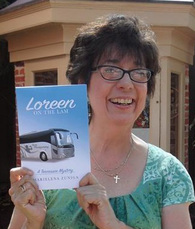
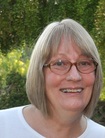
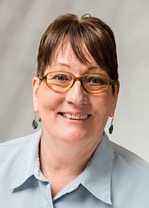
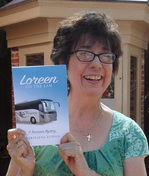
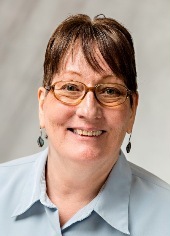
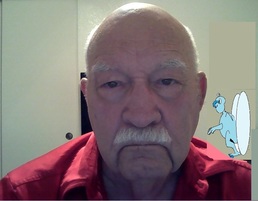
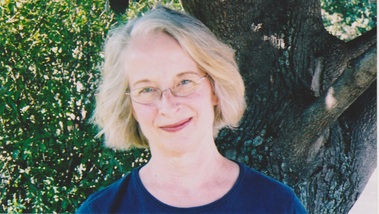
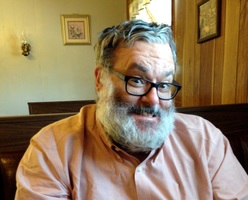
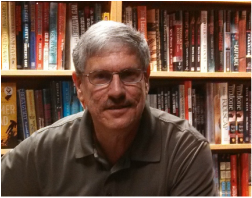
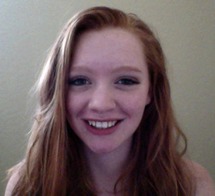
 RSS Feed
RSS Feed
